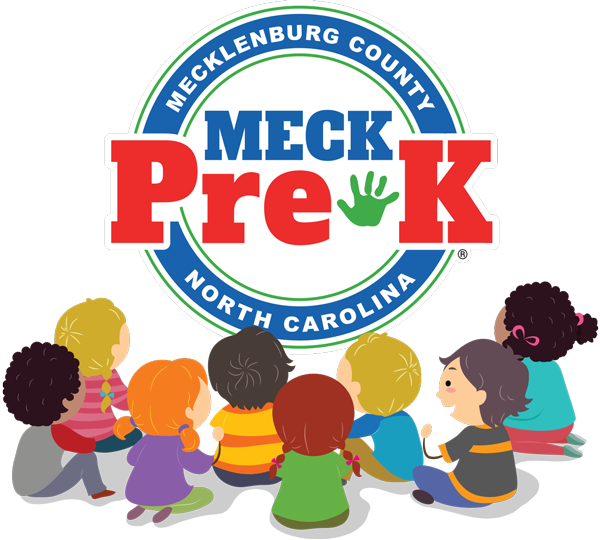Benefits of Pre-K
We’ve discussed the benefits of attending pre-K in this blog before, but here is a quick reminder. Attending pre-K at age four fosters social and emotional development by teaching children to interact with peers, manage emotions, and follow routines. A high-quality pre-K program introduces children to a variety of topics and activities through project-based investigations, preparing them for future learning and success. Additionally, pre-K helps build independence and supports physical and mental growth through structured activities and diverse experiences.
And siblings benefit from this too. In a decades-long study in Ypsilanti, Michigan called the Perry Preschool Project, researchers were able to collect data on siblings of the participants who attended preschool.
“New data from the long-running Perry Preschool confirms that participants continue to benefit from early childhood intervention well into late midlife. At age 54, they showed lasting cognitive gains, better health, and other positive outcomes. Those benefits are shared with their siblings and passed on to their children, according to two new working papers.” Read More
Pre-K participation can help children develop academic skills and prepare them for success in kindergarten and beyond in a number of ways. It helps them develop early literacy and math skills, familiarize them with routines, learn interpersonal skills, and identify any learning challenges. These benefits can be passed on to siblings as well. For example, a Yale study found that younger siblings of older siblings who succeed academically tend to perform better in middle school.
“We establish the causal effect of having an academically successful sibling on a student’s academic outcomes,” said Emma Zang, an assistant professor of sociology in Yale’s Faculty of Arts and Sciences and the study’s lead author.
These studies help to shine light on benefits of pre-K for siblings. We can observe that in our own families. For example, a younger child may feel left behind when an older child starts kindergarten. Enrolling that child in pre-K can be an opportunity to give them more socialization with children their own age. For another example, an older child may come home from pre-K and pay “teacher” with their younger siblings, showing them what they learned.
While every family is unique, families with multiple children see that siblings have a strong influence on each other. From the little toddler following the older sibling around and trying to do everything they do, to children learning to share toys and play together, every child has a unique relationship with their siblings, and this influences who they become as adults. This influence can be even more positive when children participate in pre-K!
About MECK Pre-K
MECK Pre-K is open to all four-year-old children in Mecklenburg County at no cost to families. Classrooms are located in licensed childcare centers and taught by licensed teachers and highly qualified assistant teachers. You can apply online at MeckPreK.org.
Do you have a child who is not old enough for pre-K this year? Sign up for our email list and be notified when they’re eligible for MECK Pre-K. Simply go to our Future Pre-K Students page and select your child’s age group.

